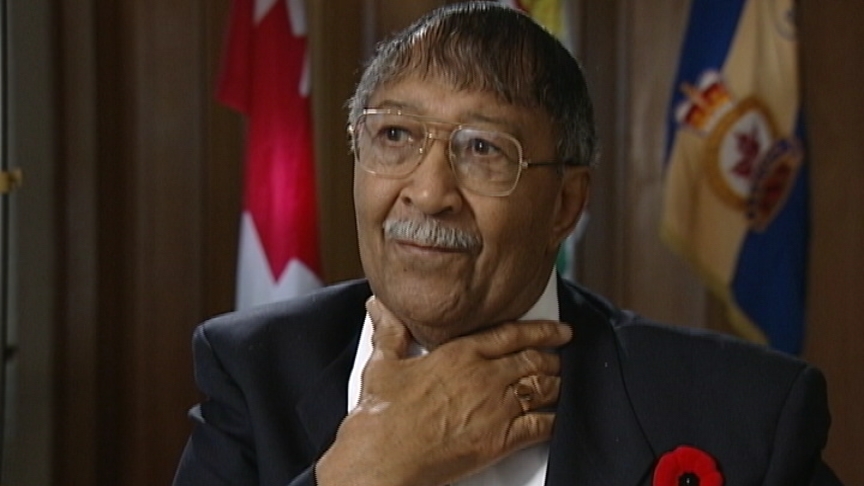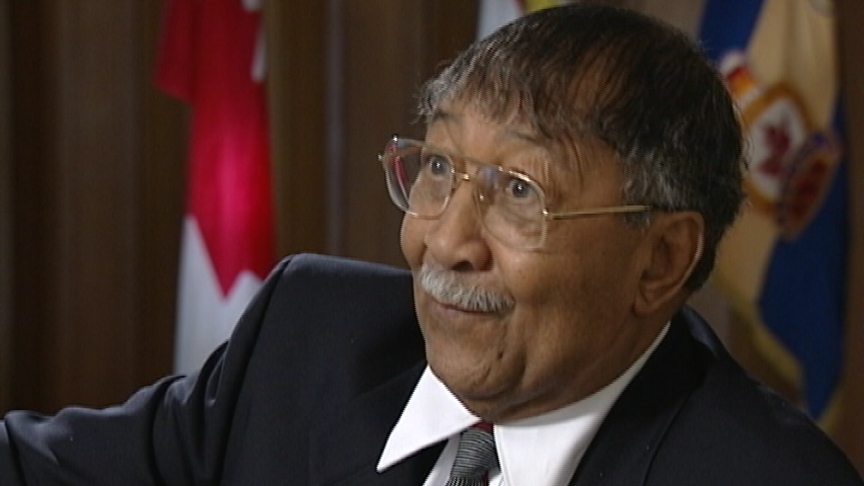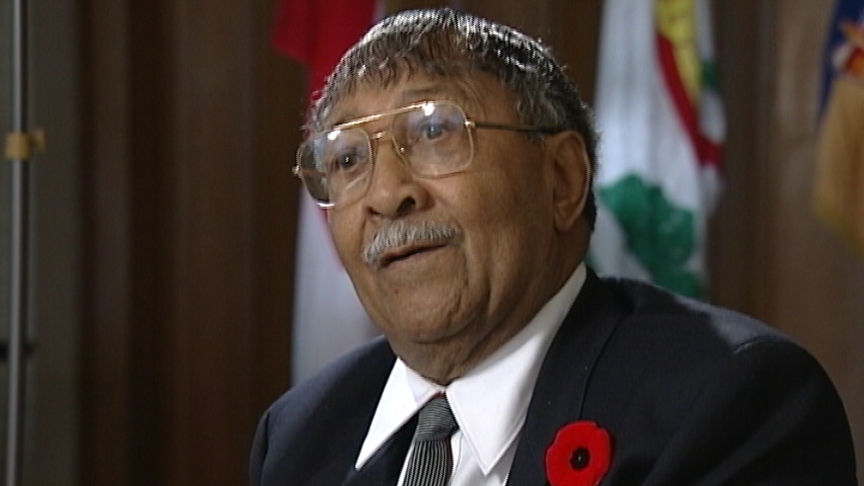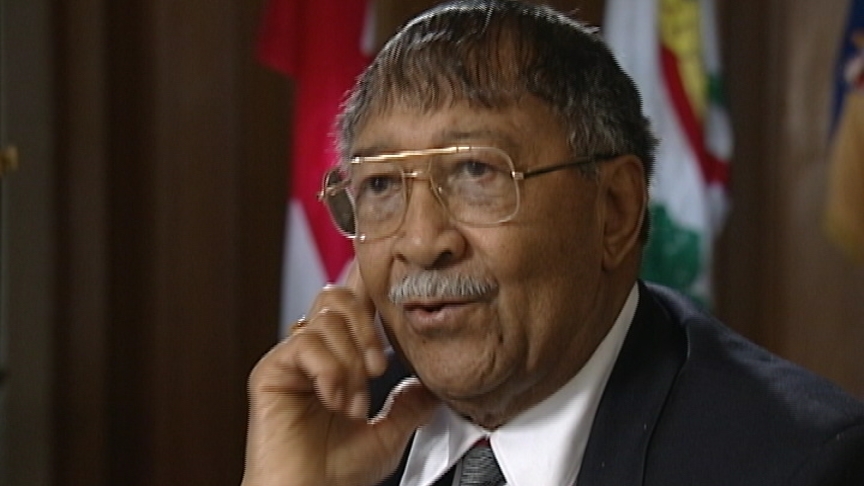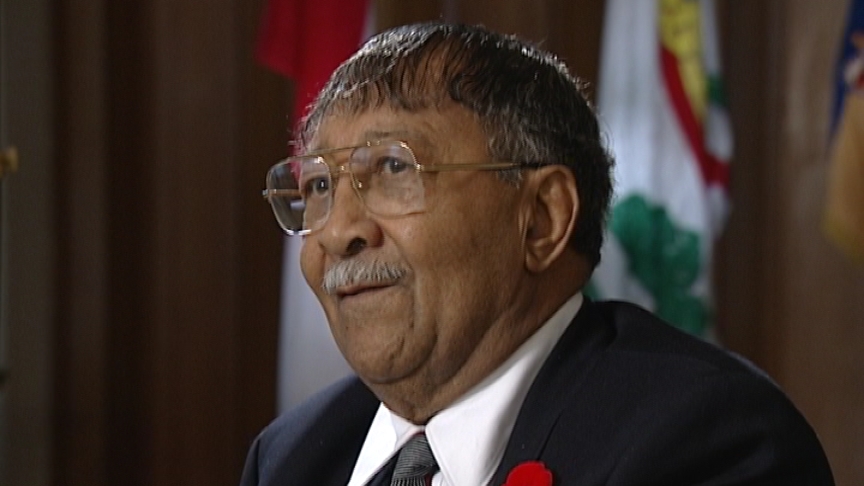One real, real cold morning, I walked from Lucasville to the
farmer, who had hired me to work with him. And it was the
first of September 1939. I walked up over that hill and he called
me. "Oh," he said . . . I said, "Morning, Mr. Hankey!"
"Mornin', Ivan." He was an Englishman, and he said, "Pretty
cold out, isn't it?" "Yeah, pretty cold." He said, "Canada
just went to war against Germany." And I began to think
then, "I wonder what, what war is like, you know?" My father had
been into the First World War, and he never talked about it like
I do, never talked about the war. The only thing I can remember
my father having in the war, was a gas respirator and an old
steel helmet, and I can see it kicking around the yard when we
were kids, to this day. So, I didn't know much about the war
until I walked from Lucasville, in the wintertime, right to
Halifax. Didn't have the money for a taxi, and nobody to drive
me so I had to walk, because you get that slip saying, report to
the No. 6 Depot, in Halifax, for decide whether they're gonna
take you in the army or not. But you have to report first.
And there was about twelve of us first went in and sit down.
We were looking around, like was nobody there. The officer up
in the corner there asked me questions, and first thing you
know, he said, "Well, call out your names." If there wasn't
any . . . called out seven names, and said, "That's it." And
mine was in with the seven. 60 CABTC, Yarmouth, Nova Scotia.
That was the training centre in Yarmouth, Nova Scotia. And the
people in Yarmouth, it was a different thing. Seeing the
soldiers today, you see a bunch of soldiers there. They don't,
don't treat you like they did in Yarmouth. In Yarmouth, when,
every, every Saturday, I guess it was, yeah, Saturday mornings,
all the people in Yarmouth . . . all these soldiers in Yarmouth
had somebody in charge of them, and they had to fall in.
Fall in means get out and get lined up and they would march
through the city of Yarmouth. And it was a great thing to see
yourself marching down the street in Yarmouth every Saturday
morning. And the people were . . . there were a lot of
coloured people, or black people they call them now, and a lot of
white people. You know, they were like that. Always for the
people, for the soldiers, you know. And it seemed like
it just fell in like that. If they were going to go and have a
drink after down at the bootlegger's, I would go. And I
would buy a drink and come back singing, "Oh Canada!"



